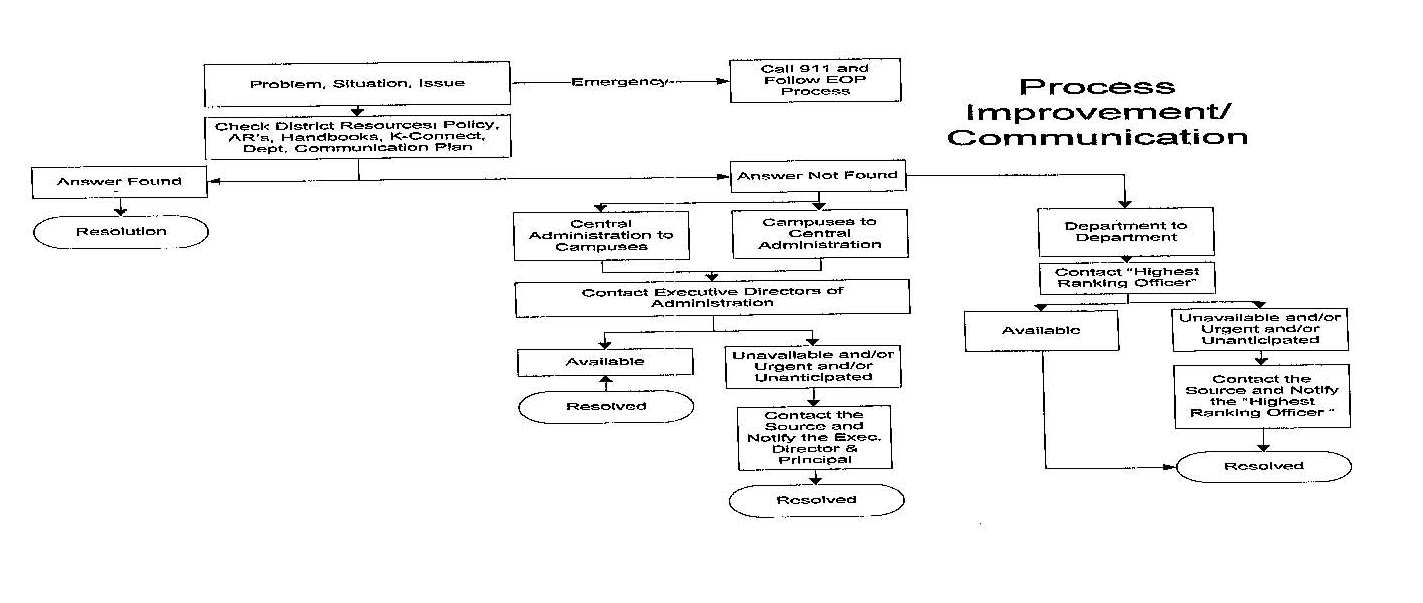
The station manager at the post office told me there was no theft. The box went in for maintenance. I offered to show him the police report and pulled out my camera and showed him this photo of the pry marks I took outside his station moments before.
Watchdog Nation warns you: Stop using those big blue collection boxes outside post offices — the ones often paired with drive-through lanes.
Mail theft from these collection boxes is common these days.
And the worst part?
If your mailing is stolen from one of these mailboxes, you may never know about it. The United States Postal Service nor its Inspections Service division do not always announce it. Nor do the local police.
As I first reported in the Dave Lieber column in the January 17, 2010 Fort Worth Star-Telegram, I discovered two nearby cities that handled recent mailbox thefts completely differently.
Both were hit by mail bandits on a Saturday night who used a crowbar or similar tool to pry open the mailboxes and steal the mail.
In Keller, Texas, the crime was handled very publicly. Residents were notified by Keller police on their Web site. And there was a news story in the Keller Citizen which reported the theft. Residents were asked to file a report if they believe their mail was stolen.
Several have done so, and Keller police say they now have leads.
It’s a different story in Haltom City, Texas, where police say a Jan. 3 incident was never reported as a theft by the post office. Because of that, the case is not listed as a mail theft (postal authorities can’t prove any mail was stolen) but as a criminal-mischief case.
Haltom City police say the case is already listed as inactive.

Don't use these mailboxes anymore. Mail gets stolen from them, and authorities might not tell you.
The secrecy behind the Haltom City break-in angers town resident Dee Taylor. She has been trying for two weeks to learn whether a letter she mailed hours before the break-in was stolen. No one will tell her.
Taylor knows about the theft because her husband, Delbert Cantrell, discovered the break-in when he went to mail a bill that Sunday morning. He found the box wide-open and empty.
Since then, Taylor has questioned postal employees about the incident, but no one will tell her anything, she says.
Taylor alerted Watchdog Nation to the unpublicized Haltom City mailbox break-in. Previously, I saw the police tape at the crime scene of the compromised Keller collection box. (Watchdog Nation uses that postal address.) So I knew something was up.
I called the U.S. Postal Service and the Postal Inspection Service, which is responsible for investigating mail theft. A postal inspector told me there have been other box break-ins outside area post offices. But nobody will tell me where and when those incidents occurred.
That means that residents elsewhere who mailed letters, bills or gifts might be theft victims and would never know.
In Haltom City, after Cantrell noticed the emptied box, the couple later saw that the box had been removed. When it was returned, it had a front grille at the entry point that makes it harder to pull mail back out through the slot. But pry marks were still visible on the back.
I visited the Haltom City post office and spoke with Station Manager Carlos Avelar. Taylor had previously questioned him without success.
“I got a call about the break-in Sunday,” I said.
“It was not a break-in,” Avelar said.
“What was it?” I asked.
“It was taken in for maintenance.”
I pulled out my camera and showed him a photo, taken minutes before, of what looked like crowbar marks.
He referred me to a higher-up, who told me she could not comment.
But after I told the postal inspector about the visible damage, the box was removed a second time and repaired again.
A Haltom City police report says police visited the post office to answer an alarm at 7:20 a.m. that Sunday. They found nothing amiss.
They returned an hour later after someone called about a box break-in. The outdoor box was open. They found two letters inside, which they carried into the post office and dropped in an inside slot.
“Mail may have been removed from the box, but I was unable to tell at this time,” officer R.A. Beshirs wrote. “It appeared that the perpetrator(s) used some type of unknown pry device to make the entry into the box.”
Haltom City police Sgt. Eric Peters said: “The case is inactive right now because we haven’t had anybody call us and tell us something was stolen, and we have no suspects in the case.
“Until we know for sure that there was mail taken out of there, our hands are pretty tied.”
He said those who believe that their mail was stolen from the Haltom City post office box around Jan. 2 or 3 should report it to police.
In Keller, where the public was notified and complaints came in, police Lt. Brenda Slovak called the theft “a big deal.”
“That was a lot of mail. That’s a lot of people’s bills that aren’t getting paid,” she said. “The economy’s bad enough without them having to make a late payment or pay extra fines or fees.”
Fort Worth Postal Inspector Tim Vasquez said he regretted that he couldn’t release any more information about mailboxes that were hit.
“While I do agree that disclosure is a good idea for the citizens, we have to watch that we don’t do anything to jeopardize the investigation. So we’re not going to give out any of the locations.”
Let me know of any mail thefts from area post office boxes. Postal authorities won’t share the information, but after verifying your tip with police and postal officials, I’ll share.
How else will you know to check whether your mail was stolen?
Reporting mail theft
-Call your local police department.
-Call the U.S. Postal Inspection Service at 877-876-2455 and ask to speak to a division mail theft inspector for your geographic area.
-Or visit postalinspectors.uspis.gov
* * *
Dave Lieber, The Watchdog columnist for The Fort Worth Star-Telegram, is the founder of Watchdog Nation. The new 2010 edition of his book, Dave Lieber’s Watchdog Nation: Bite Back When Businesses and Scammers Do You Wrong, is out. Revised and expanded, the book won two national book awards in 2009 for social change. Twitter @DaveLieber













